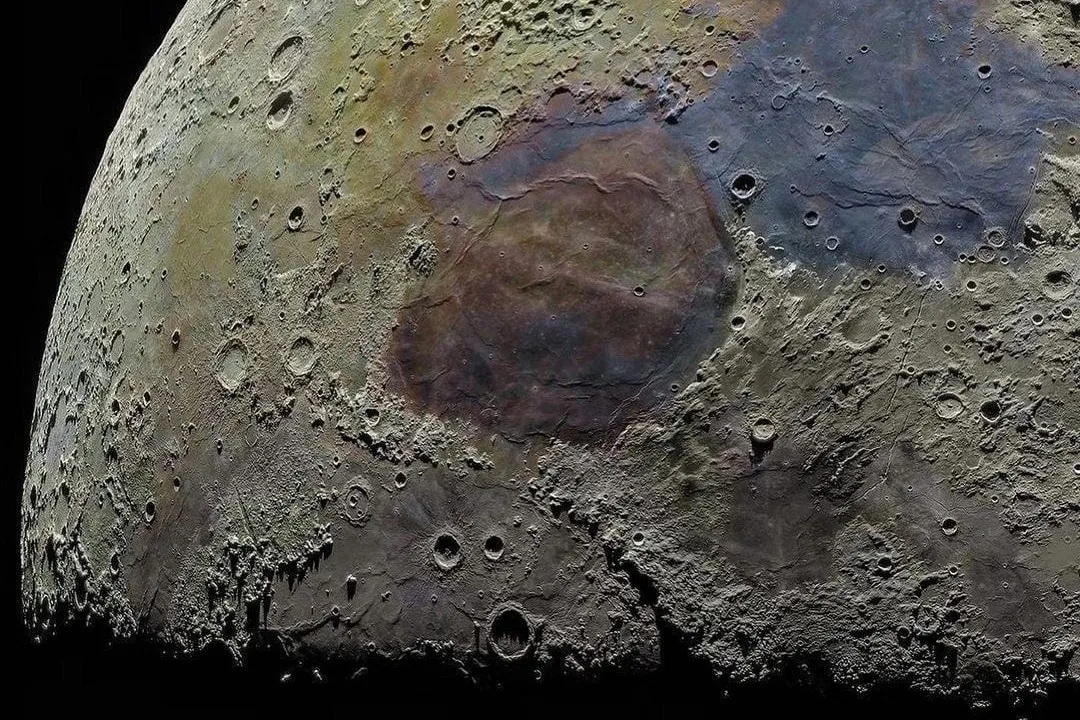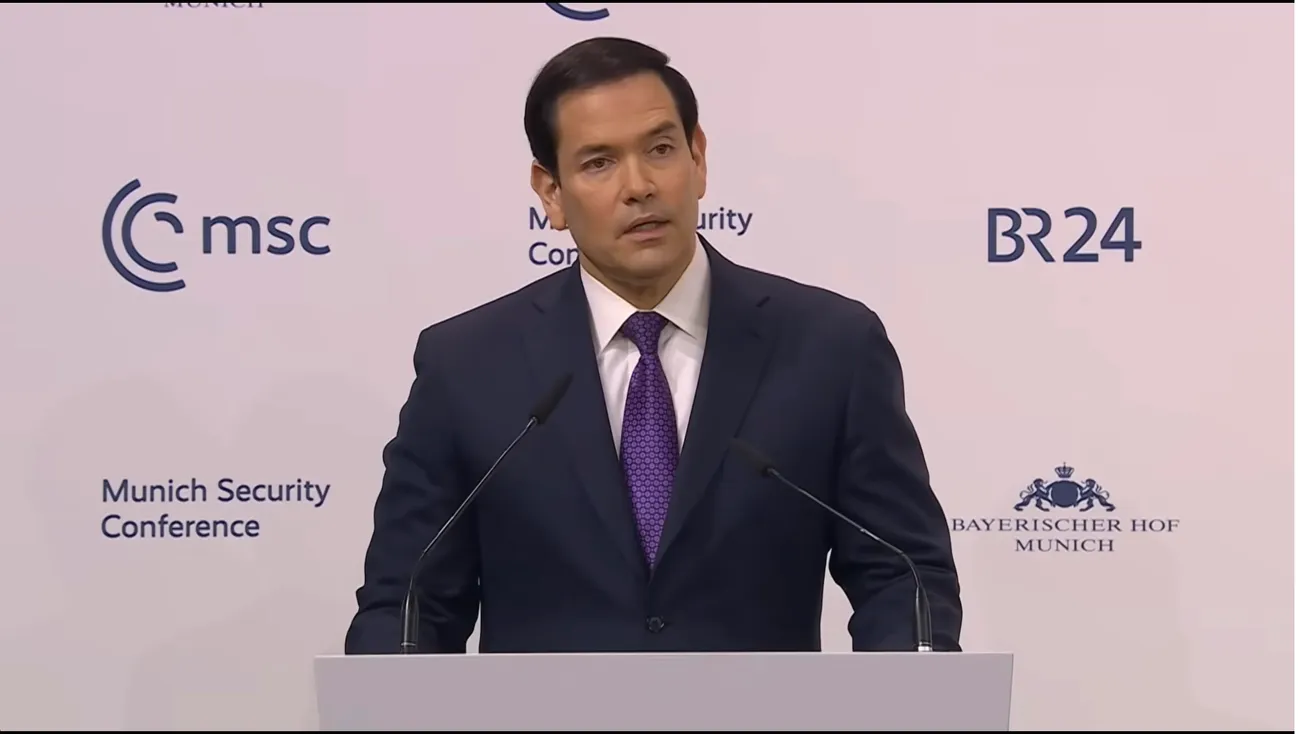Not everybody is as obtuse as New York City’s Emergency Management Department in their discussions of a nuclear war. In an article released July 7 in Bloomberg, titled “Nuclear War Would Force Earth Into ‘Little Ice Age,’ Study Shows,” the author presents a far more sober analysis. “A fresh study on the global impact of a nuclear war has concluded that any conflict would plunge the world into darkness, cause temperatures to plummet and wipe out much of the world’s sea life,” he reports. The study is from a group of researchers at Louisiana State University who ran computer simulations on the effects on the world’s oceans if there were to be a large-scale nuclear exchange.
According to the article, “They found that in all scenarios, firestorms would release soot and smoke into the upper atmosphere, blocking out the sun and forcing temperatures to fall by an average 13 degrees Fahrenheit in the first month. That, in turn, would cause ocean temperatures to fall and sea ice to expand by more than six million square miles, blocking major ports including China’s Tianjin, Copenhagen and St. Petersburg. Researchers said changes to Arctic sea ice would likely last thousands of years, describing the event as a ‘nuclear little ice age.’” One of the lead authors of the group, Cheryl Harrison, said in addition: “It doesn’t matter who is bombing whom. It can be India and Pakistan or NATO and Russia. Once the smoke is released into the upper atmosphere it spreads globally and affects everyone.”



